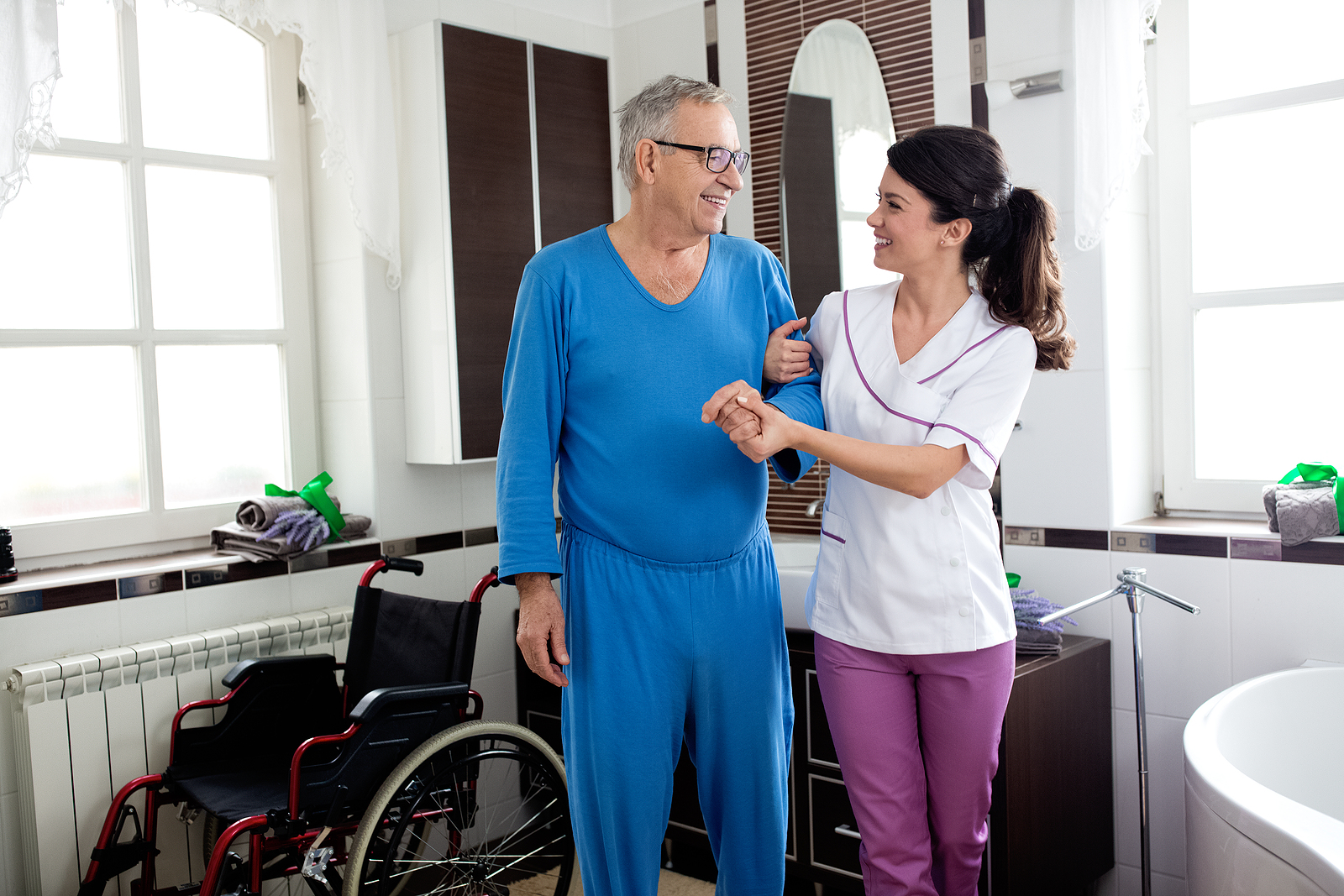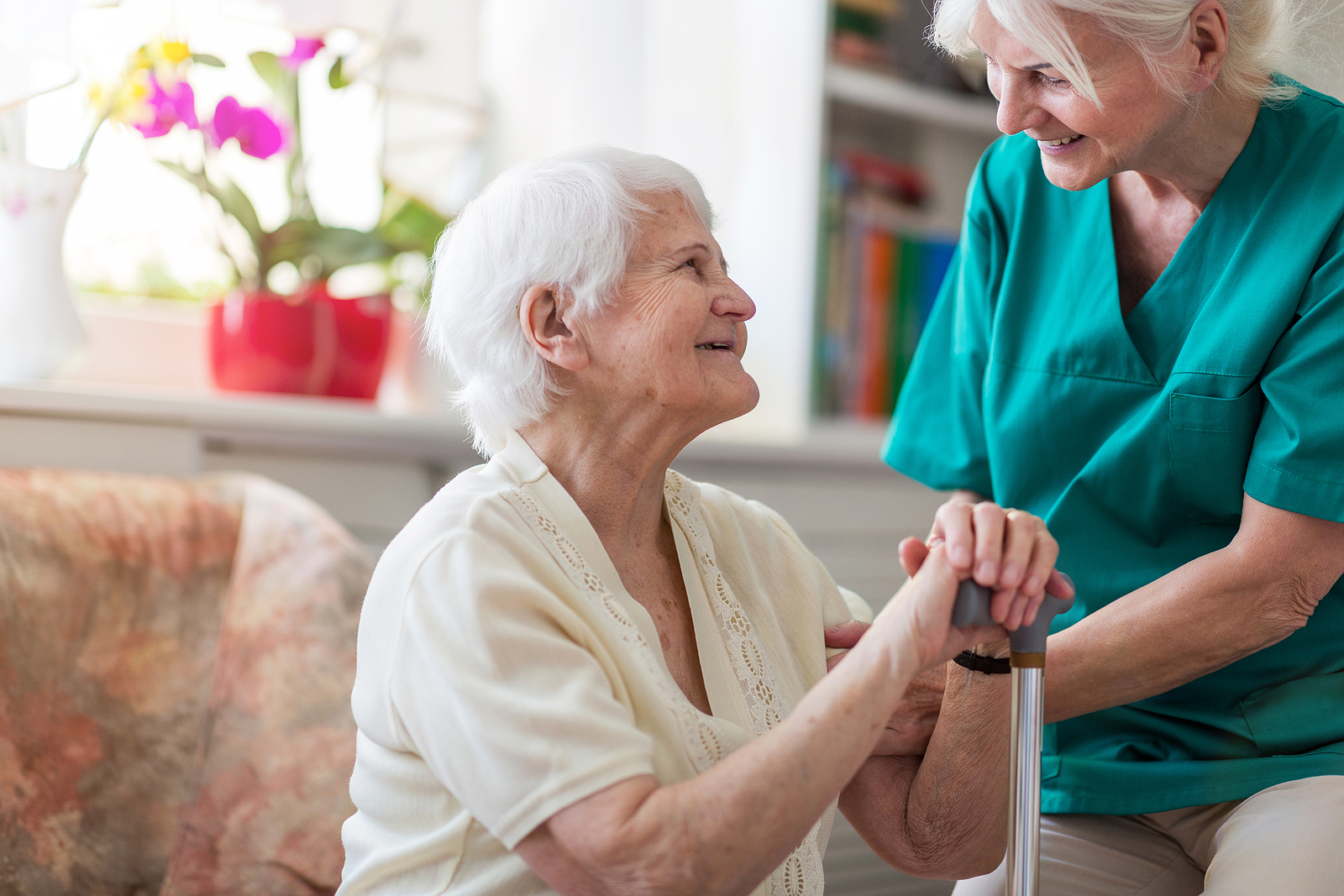Mobility challenges are extremely common for aging adults. When seniors start to have more trouble walking, that is a safety concern. Fall risks increase because of mobility difficulties, so it’s vital to put solutions in place. For many seniors, working with personal care at home is an excellent answer. Here are some other tips that can help.
Talk to Medical Providers
The first step is always to talk with the person’s doctors about what’s going on. There may be underlying health issues that are worsening or other variables to consider. The cause of the mobility challenges can help to inform the solutions that need to be in place. If there are medical treatments that can help, seniors may find that they’re better able to handle the challenges they’re facing with walking and mobility in general.
Talk about Mobility Aids
Mobility aids can offer tremendous support to seniors who have trouble walking. Different mobility aids offer specific types of support, but they need to be used regularly and properly for the best results. When seniors do use mobility aids correctly, they may find that they’re more confident and stable. Home care providers can help seniors to remember to use these devices when they need them the most.
Create a Safe Living Space
A safer living space is crucial when seniors develop mobility challenges. There are degrees of safety to consider, too. Personal care at home can help families to understand what safety issues their seniors are facing and what steps they can take to resolve some of those issues. Home care providers also help to maintain safety over time.
Encourage Exercise if Exercise Is Recommended
Some seniors may find that they can improve their mobility by moving a little more and growing stronger. They should always follow their doctors’ recommendations around exercise, including frequency and intensity. Caregivers can help aging adults to exercise safely, as well, offering support and stability while seniors practice moving more.
Offer Support Safely
Often fear makes mobility challenges worse for seniors. Because they’re worried about falling and injuring themselves, they may be less inclined to move, even around their homes. It can help a lot for seniors to have a supportive arm to lean on as they walk. The physical connection can also help to soothe fears around moving more.
Consider Personal Care at Home
Elder care providers can offer a wide range of support to seniors who are having more difficulty walking. Caregivers offer support with daily activities like bathing, toileting, and grooming. They can also offer mobility assistance, companionship, and safety advice. All of these different forms of support ensure that seniors have the experienced assistance they need to remain safe and live their lives happily.
When seniors are having more trouble walking, they need a supportive approach. Personal care at home offers practical hands-on help as well as emotional support that keeps seniors grounded when they’re facing big challenges. Home care personalizes care plans to ensure that aging adults have exactly the help they need when they truly need it.
If you or an aging loved one is considering personal care at home in Orinda, CA, please contact the caring staff at Golden Heart Senior Care of Walnut Creek. (925) 203-3039.

